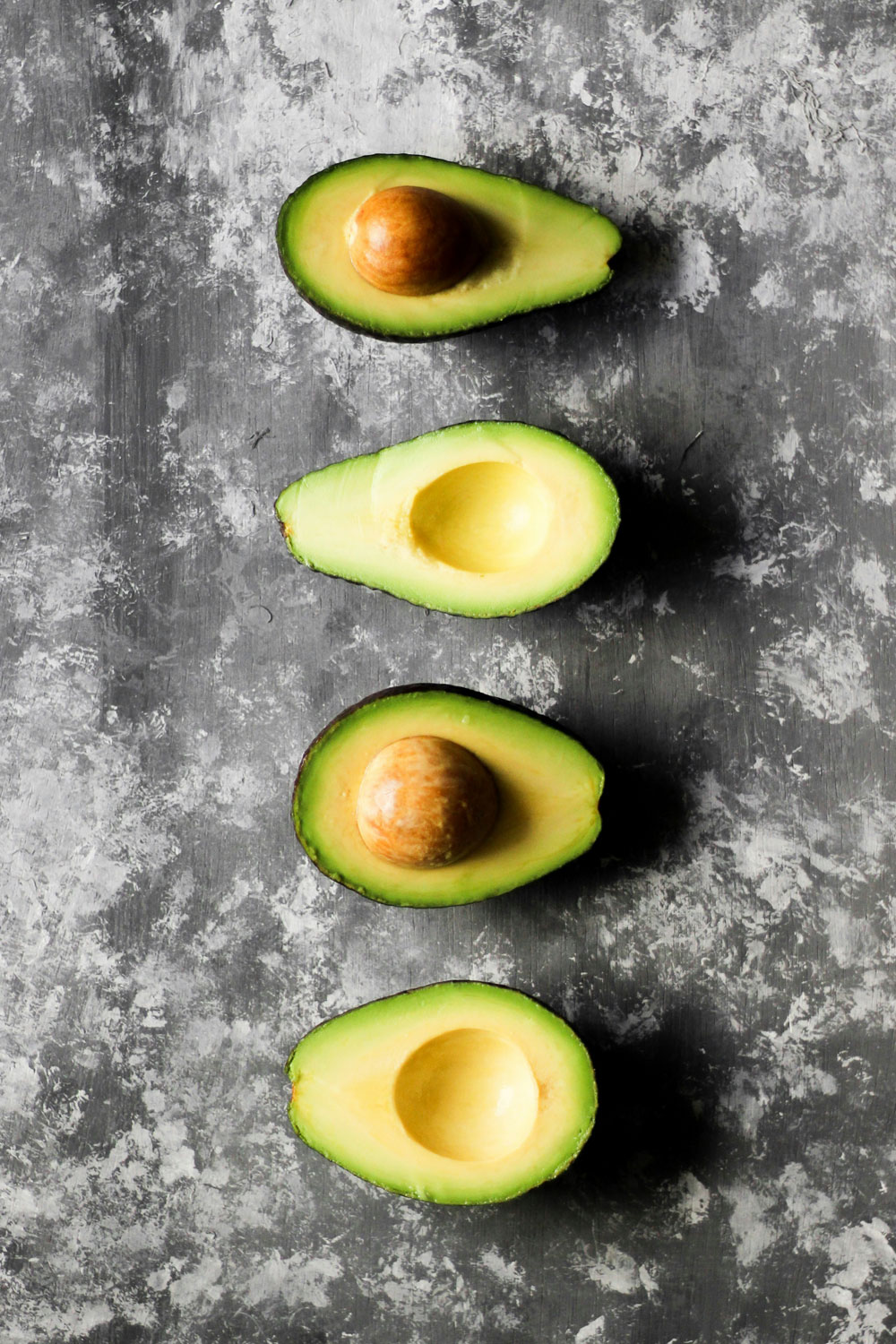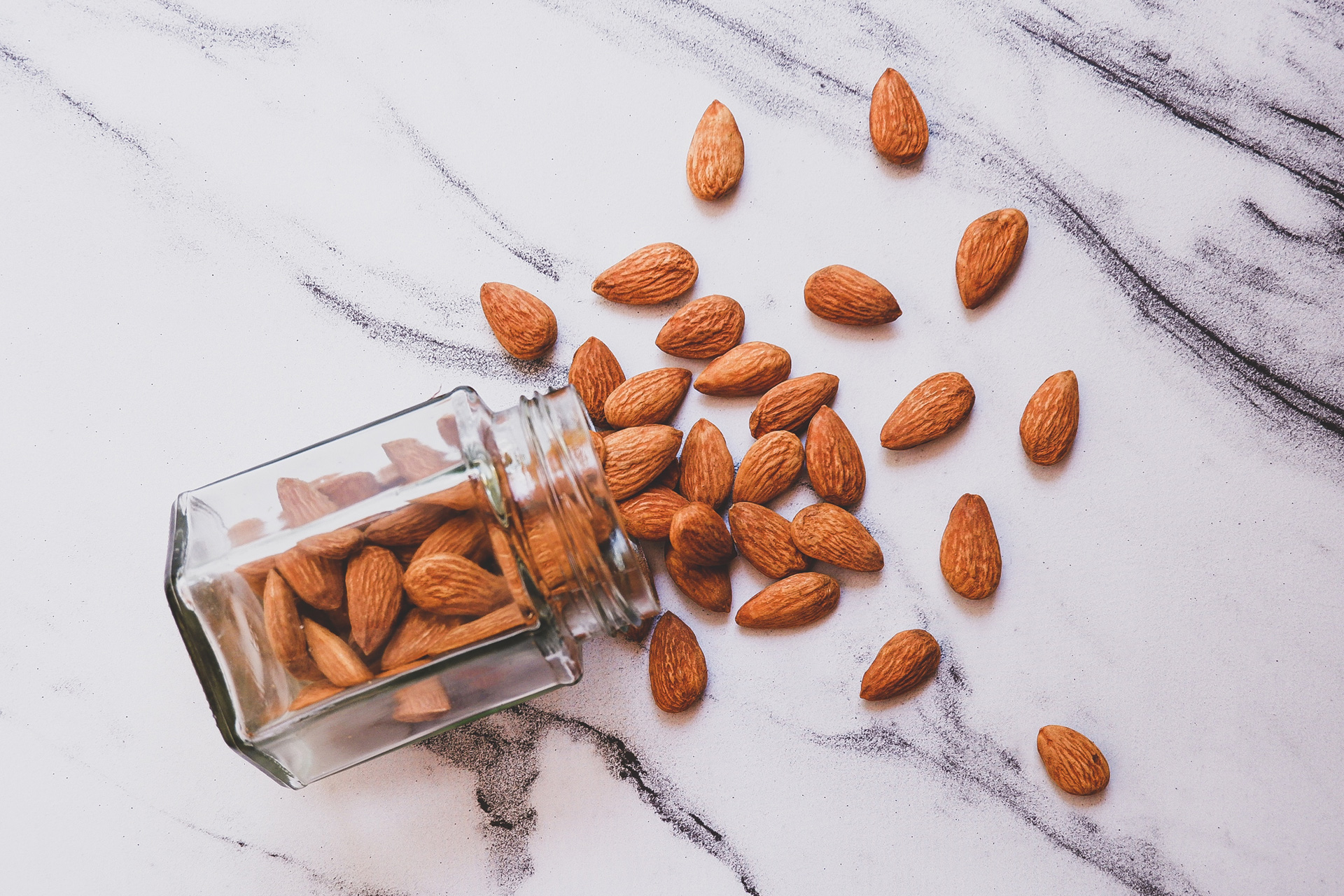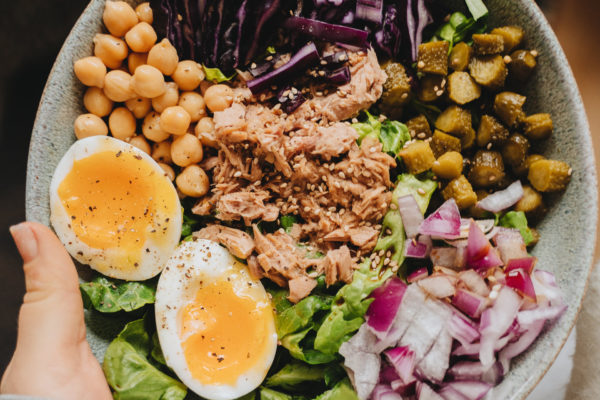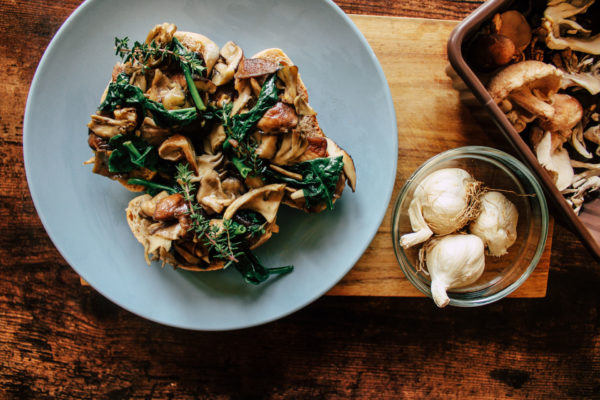
Why Is Vitamin E Important – And How Much Do You Need?
By
7 months ago
11 foods rich in vitamin E
We all know vitamin C is important for immune health, and the benefits of vitamin D have long been shouted about. But what about the next one along: vitamin E? The nutrient has been popping up in skincare products more and more recently thanks to its soothing, moisturising properties, but it’s also important to get enough in our diet. So how much do we need – and where can we find it?
Benefits Of Vitamin E
Vitamin E is a fat-soluble vitamin that exists in eight different forms, which plays many important roles in the body. It’s best known for its antioxidant effects, which can help protect cells from damage, and reduce the risk of certain diseases. But that’s not all: the key nutrient also offers immune health benefits, staving off illness and infection.
The nutrient is also widely associated with its skin health benefits, hence why you’ll often find it in moisturisers and serums. But it’s not just topical use that could help: a new study has suggested dietary vitamin E may lower the risk for atopic dermatitis, one of the most common forms of eczema.
Other health perks include:
- Supports eye health
- Offers anti-ageing properties
- Increases red blood cell count
- Improves kidney function
- Offers anti-inflammatory properties
- May promote brain health
- May help with symptoms of arthritis
How Much Do We Need?
According to the NHS, we need 4mg a day for men and 3mg a day for women.

Getty Images
Foods Containing Vitamin E
The NHS website states that it’s possible to get all the vitamin E you need from your diet, so supplements are rarely recommended. You’ll find it predominantly in nuts, seeds and plant oils such as rapeseed or sunflower. Foods rich in this vitamin include:
- Sunflower seeds
- Almonds
- Avocados
- Peanuts
- Eggs
- Tuna
- Trout
- Spinach
- Broccoli
- Tomatoes






